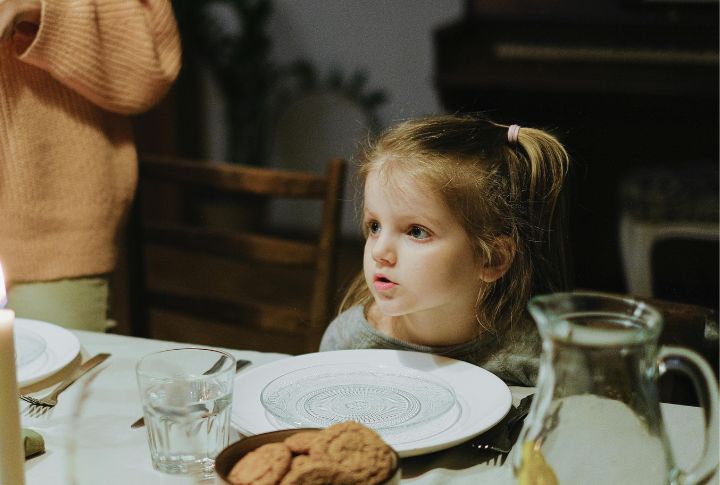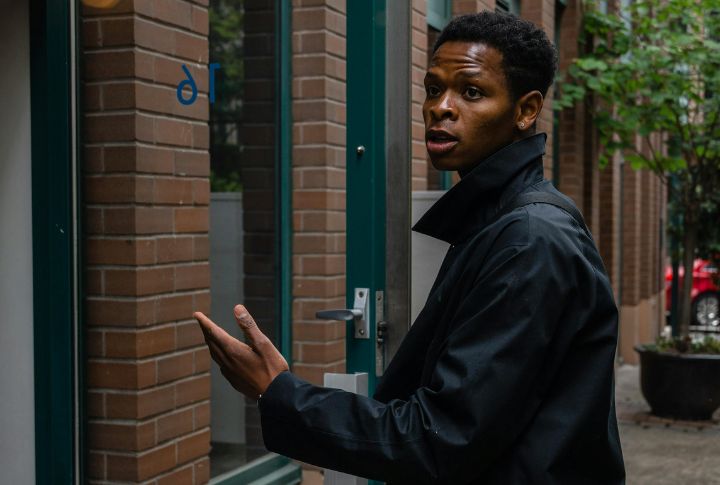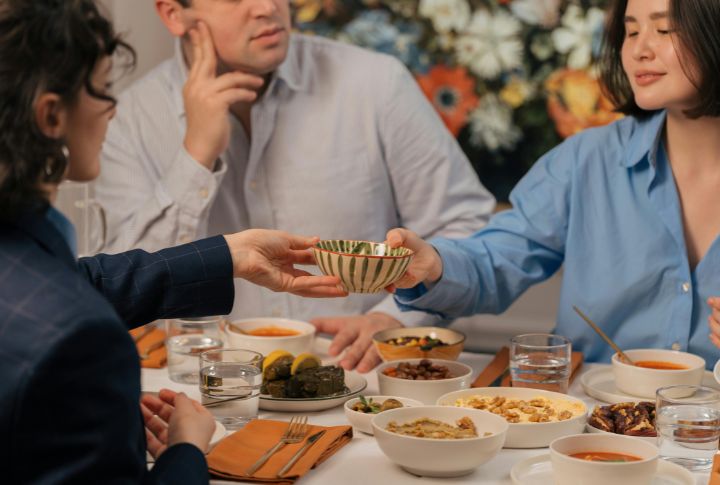
The way people talk in everyday moments often says more than they notice. Words reveal upbringing, values, and personality, sometimes in ways you barely catch. Some speak with a charm that feels timeless. Their sentences carry a natural rhythm of respect and thoughtfulness. Curious to spot these subtle hints? Here are ten words and phrases that quietly reveal old-school manners.
“Yes, Ma’am” Or “No, Sir.”

You hear this and immediately know you’re talking to someone raised right. It’s not just a quaint formality; it’s shorthand for respect. Dropping a “ma’am” or “sir” into a quick reply turns an ordinary answer into a sign that you truly value the person you’re speaking to. That’s the difference between being heard and being truly acknowledged.
“Pardon Me”

A simple “pardon me” says you were distracted but are now back, and you apologize for needing a repeat. Contrast that with a blunt, mouth-breathing “what?” It’s a night-and-day difference. Those two little words are a gentle request for forgiveness for not listening, instantly putting you in a classier category.
“My Word Is My Bond.”

Contracts are for strangers; this line is for true peers. It throws back to a time when your reputation was the only currency that mattered. Using the phrase in an important agreement conveys deep and lasting trust. It’s the ultimate confidence statement, declaring that your integrity and spoken promise are worth more than any lawyer-vetted document.
“I’d Be Honored To.”

A casual person says, “Sure, sounds good.” Someone with old-school grace says, “I’d be honored to.” It takes a mundane acceptance and wraps it in a deep sense of gratitude and respect. Being invited to a meaningful gathering or asked to handle a special task shows that you don’t take the invitation lightly. It’s an immediate status-booster in any social setting.
“Please” And “Thank You” Without Prompt

Think about the sheer elegance of asking for something without being told, “What do you say?”. Saying “please” comes from an old idea—”if it pleases you”—showing deference before the request. Same with “thank you.” These aren’t just filler words; they’re the original social handshake, proving your manners are entirely self-managed.
“May I Please Be Excused?”

When you’re sitting at a grand dinner table, you don’t just walk away mid-meal. You leave that polite inquiry to be released from the table. It’s a charming ritual that teaches children (and reminds adults) of the importance of structure and deference. It shows that the shared dining experience matters more than your own comfort.
“After You.”

Letting someone go first goes beyond being polite and becomes a quiet, graceful way to show respect. This simple gesture evokes an era when manners were unmistakable and deliberate. Whether entering a building or stepping onto an elevator, saying “Please, go first” turns the moment into a quiet exchange of consideration.
“Allow Me.”

There’s something quietly impressive when a person offers help with thoughtful initiative rather than hovering. Words like “Allow me” or “I got this” convey that your ease matters. The gesture showcases a confident, attentive character who approaches even small acts with polished consideration and makes support feel effortless and sincere.
“It Would Be My Pleasure.”

This line turns a simple confirmation of help into an eager, gracious commitment. Responding with “It would be my pleasure” elevates the task from a duty to a desired act. It suggests a background that values profound hospitality and makes the person asking feel like they are doing you a favor. It’s the ultimate move in polished social grace.
“Be So Kind As To…”

When asking for the salt at the table, start with a refined preface. Doing so instantly conveys consideration and tact. The old-fashioned style of speech comes from a time when every interaction was softened with deliberate politeness. It shows that thoughtful language underpins civilized gatherings.

